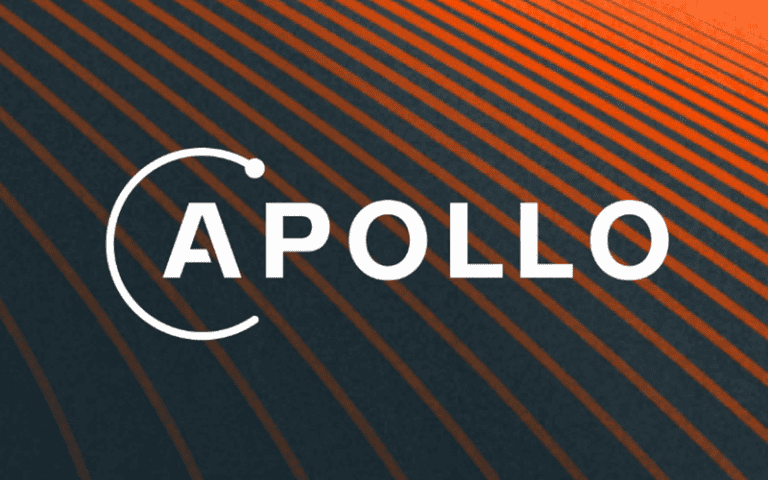Apollo GraphQL has ‘launched’ (rocket pun intended) Apollo Connectors for REST APIs alongside enhancements to its GraphOS platform. Apollo GraphQL is a GraphQL-based API orchestration company and GraphQL is (as it sounds) a query language for application programming interfaces (APIs) and a ‘server-side runtime’ (technology to oversee code execution tasks such as database calls, user authentication and logic alignment) for executing queries using a type system that software developers define for their application’s data. Why does any of that matter? Because it’s all about the drive to modernise API strategies faster and at scale.
But wait. Now that we’re able to talk about the presence of modern contemporary new-age API strategies, does that mean the API strategies we’ve been using up until now have been antiquated or old-fashioned? Let’s attempt to define the difference.
What is a modern API strategy?
First, let’s quickly remind ourselves that there is connectivity here to REST APIs and, make no mistake, REST (REpresentational State Transfer) traces its history back to the formative technologies used in the 1990s as we first formed and fused the connections for the web itself. Throughout its development and evolution, REST has provided developers with a set of rules and guidelines to govern how to build a web API. RESTful APIs have been popularised as they facilitate and support information exchange but follow secure, reliable and efficient software communication standards. This brief history (okay, just over a quarter of a century) means that many organisations will sit on a substantial investment in REST APIs, but will now want to work with a modernised API strategy across increasingly distributed and federated application architectures that may span public cloud, on-premises and edge computing environments across the Internet of Things (IoT).
In terms of the “modernisation” quotient on offer here, Apollo GraphQL says GraphOS Router 2.0 (the runtime plane of the GraphOS platform) now delivers better performance for federated GraphQL architectures, enabling teams to perform with lower latency and more easily integrate with Apollo Connectors.
Modern APIs need composable architecture
The company says that its latest release underlines what might be a more modern API strategy because its technology enables teams to integrate REST APIs into a “composable GraphQL architecture” without writing boilerplate code, reducing operational overhead and accelerating application development. With a new free pricing tier, Apollo is making its modern, declarative and standards-based GraphQL API orchestration platform accessible.
“APIs power modern applications, from SaaS and web apps, to Internet of Things (IoT) and AI-driven services. As enterprises accelerate digital transformation, the need for seamless, scalable API orchestration has never been greater. They need tools that minimise complexity and maximise agility in order to enable AI-powered applications, improve service performance and optimize API investment returns. Apollo’s latest releases eliminate traditional design hurdles by reducing cost and risk, providing a declarative approach to API orchestration that allows teams to easily orchestrate APIs for maximum efficiency,” said Matt DeBergalis, CTO and co-founder of Apollo GraphQL.
Early results of adopting Apollo Connectors are said to be encouraging. Cox Automotive, an automotive services and technology provider, used Apollo Connectors for its complex vehicle data ecosystem while preserving a substantial investment in REST APIs.
“Apollo Connectors really accelerated our API modernisation and monetisation roadmap,” said Mark Meiller, principal platform engineer at Cox Automotive. “What would have been a year-long rewrite of our foundational vehicle data layer has become a two-day implementation. By connecting our existing REST API into our federated graph, we avoided over a million dollars in development costs while improving performance. Complex vehicle data logic that would have required extensive rewriting – and frankly, was seen as an insurmountable task – is now transformed into a few lines of declarative code.”
The new native query planner introduced in Router 2.0, the runtime plane of the GraphOS platform, now delivers performance for federated GraphQL architectures. This rewrite improves query execution speed, reduces infrastructure costs and enhances scalability.
Less network hop-hopping
Apollo Connectors helporchestrate APIs and offer faster API composition i.e. developers can orchestrate multiple REST APIs into a GraphQL endpoint through pure declarative configuration in minutes so there’s no more wrestling with complex middleware or boilerplate code through standards-based federation architecture. Teams can reduce “network hops” and also cut API latency and improve application performance. Plus also, there is built-in tooling for developers in the form of native integration with Visual Studio Code and IntelliJ plugins, offering auto-completion, debugging, and real-time schema validation.
“No matter what you’re building – whether it’s cloud modernisation, agentic AI, or personalised apps and features – it’s powered by APIs,” said CTO DeBergalis. “Today, developers spend an enormous fraction of their time writing code to orchestrate how those APIs are called, adding time and complexity to every project.”
With Apollo Connectors, DeBergalis promises a future where software application development and data science teams can adopt declarative, standards-based GraphQL for every orchestration workload (large or small) in less time and with less risk. His mission is for GraphQL to become the new standard for API orchestration in the cloud-native modern API era.
